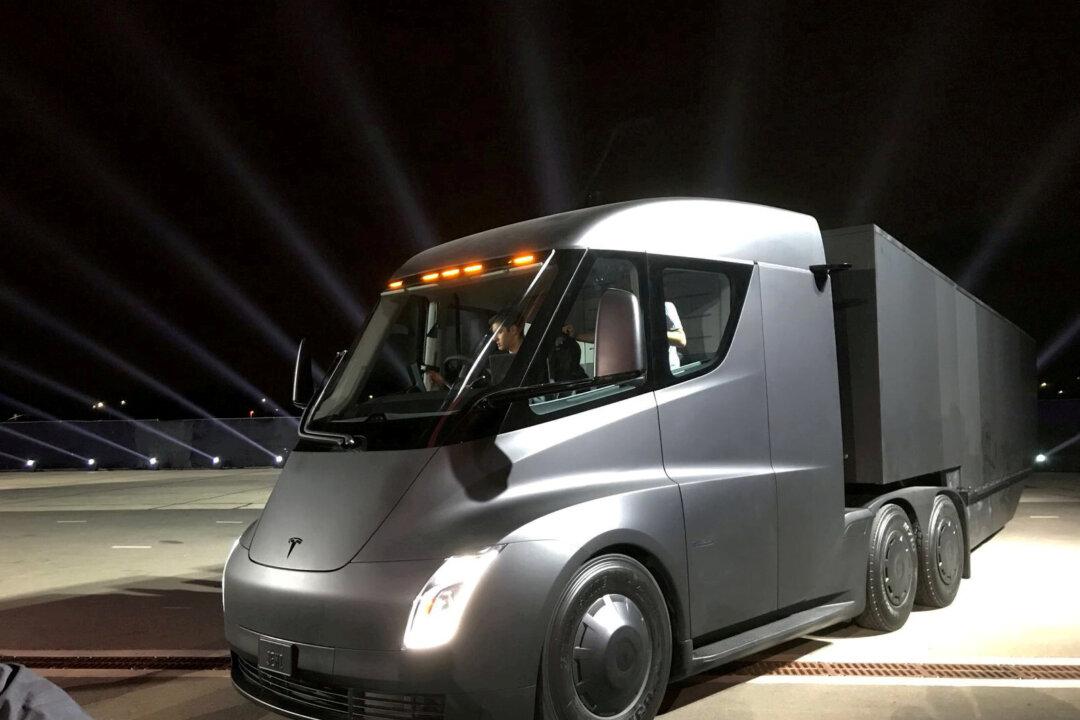California legislators are asking Gov. Gavin Newsom to back off from a plan to ban combustion engines in favor of electric vehicles after two battery fires closed major interstates this summer, trapping motorists for hours and hindering interstate commerce.
Twenty-one Republican legislators signed a letter to the governor Aug. 20 asking him to delay the state’s Advanced Clean Fleets mandate that requires medium and heavy vehicles be zero-emission by 2045, and semi-trucks carrying cargo from the state’s ports by 2035.





